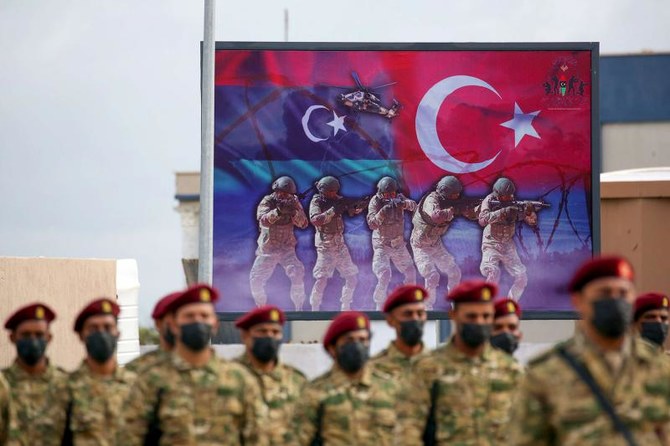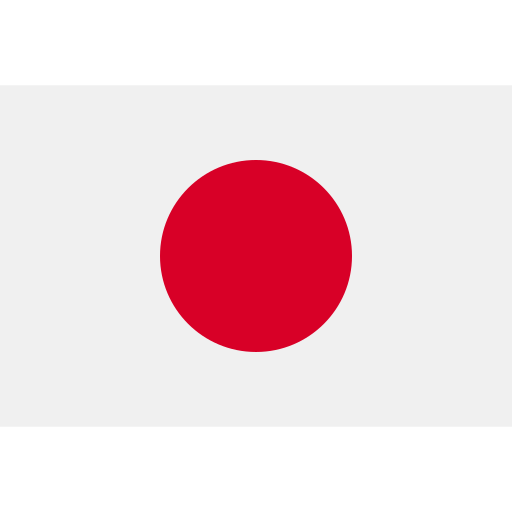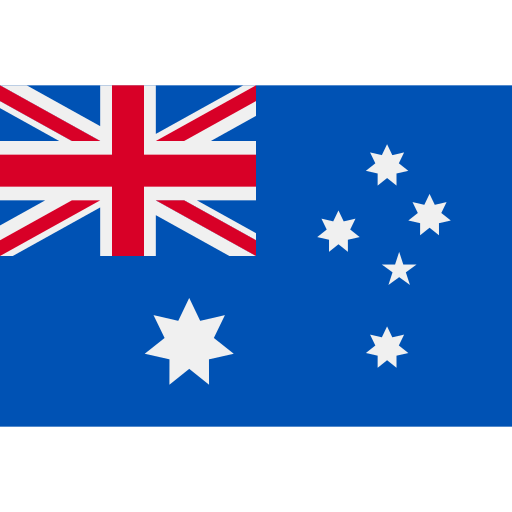Turkey’s Libya policy can succeed with wider regional support
[ad_1]
Turkey’s Libya policy can succeed with wider regional support

Being engaged politically, militarily and economically in Libya, Turkey is trying to pursue a new strategy in the North African country, which has gone through various phases of turmoil, instability and power struggles among several actors. With Libya still fragile due to the many potential challenges and risks it faces, Turkey needs wider regional support in order to succeed with its policy.
In the post-2010 era, several countries have had various interests in Libya and pursued different policies toward the country. Turkey’s approach conflicted with that of other countries, further complicating the political and security landscape in Libya. However, Turkey’s recent reconciliation with Egypt and the UAE seems likely to shift the balance in the country, leading to a wider regional collaboration for Libya.
This week, Turkish President Recep Tayyip Erdogan received senior Libyan officials in Ankara. In a closed-door meeting at the presidential complex, Erdogan met with Abdullah Al-Lafi, deputy head of Libya’s Presidential Council, and Aguila Saleh, head of the Tobruk-based House of Representatives of Libya. Saleh had previously affirmed the rapprochement with Turkey, which also said that it was ready to talk to Saleh and his ally Gen. Khalifa Haftar, who rules the eastern half of the country.
Turkish Parliament Speaker Mustafa Sentop, who was also present at the meeting, highlighted Ankara’s support for Libya’s territorial integrity in the meeting with Saleh, saying: “For Turkey, Libya is a whole, with its west, east and south, and cannot be divided. We will strive for Libya’s stability, prosperity and peace, as we have done until today.”
Turkish Foreign Minister Mevlut Cavusoglu also reiterated this approach, saying that Turkey does not differentiate between Libya’s west and east, contrary to widespread perceptions in the media.
Officials in Ankara highlight the importance of strengthening interparliamentary cooperation that could contribute to boosting bilateral ties between the two countries. In this regard, a parliamentary Libya Friendship Committee was established in April 2021 and, according to Sentop, plans are to soon visit Libya, including its eastern region.
Beside the political dimension, Turkey has a military presence in the country. In June, the Turkish parliament extended for another 18 months a mandate that allows the deployment of Turkish troops to Libya. The mandate first came into force in January 2020 following a security and military agreement with Libya’s UN-backed administration in Tripoli in November 2019.
For Turkey, the stability of Libya and the Eastern Mediterranean are closely intertwined. Turkey’s main goal in Libya is to guarantee its gains in the Eastern Mediterranean.
Sinem Cengiz
Erdogan requested the latest extension, citing continuing “political uncertainty” in Libya, as well as “risks and threats” that could threaten Turkish interests in the Mediterranean and North Africa. Turkey provides training and advice to pro-government forces under a joint military cooperation agreement with representatives of the former Libyan government. With this support, the tide in the war has turned in favor of the UN-recognized government in Tripoli.
These changes in the Libyan conflict have affected the policies of regional countries. However, wider regional shifts among these countries have also affected attitudes within Libya itself. Turkey’s reconciliation with Egypt and the UAE created new dynamics in Libya, even if these so far have failed to bring about a resolution of the political crisis in the country.
Turkey, which reportedly tried to bring rival actors in Libya together, wants to put an end, one way or another, to the feud in Libyan politics. Can it succeed? Probably, but only with wider regional support. Several factors related to weak centralization, effective tribalism, frayed social cohesion and fragmented political institutions, make it difficult for Turkey to pursue its policies in Libya. However, with support from the UAE, Egypt and even European countries, its policy may bear fruit.
Egypt, which follows a slower path in normalization with Turkey compared with other Gulf countries, is pursuing a determined institutional engagement with Ankara on issues related to Libya. The two countries are trying to keep the Libya file on the table with three main objectives on the agenda: Preserve the country’s interim political structures, support the UN-led political process, and avoid direct military confrontation among factions in the country.
For Turkey, the stability of Libya and the Eastern Mediterranean are closely intertwined. Turkey’s main goal in Libya is to guarantee its gains in the Eastern Mediterranean and this is one of the reasons for Turkey’s military presence in Libya. In regards to the UAE’s support, it is noteworthy that Libyan Prime Minister Abdul Hamid Dbeibah’s premiership became a point of convergence between Turkey and the UAE by fostering warm relations with both.
Most importantly, the Turkish-Emirati thaw has improved cooperation between the two countries, resulting in a relative de-escalation between some warring factions. Lastly, there is a great deal of overlap between Turkish and European interests in Libya, especially on governance issues, in line with the Berlin process and its support for mediation efforts.
- Sinem Cengiz is a Turkish political analyst who specializes in Turkey’s relations with the Middle East. Twitter: @SinemCngz
Disclaimer: Views expressed by writers in this section are their own and do not necessarily reflect Arab News’ point of view
[ad_2]
Read Nore:Turkey’s Libya policy can succeed with wider regional support

 Canada
Canada Japan
Japan Germany
Germany Australia
Australia United States
United States United Kingdom
United Kingdom China
China France
France Ukraine
Ukraine Russia
Russia Turkey
Turkey